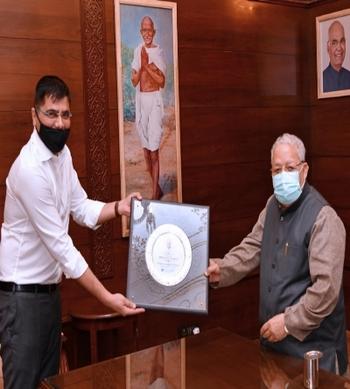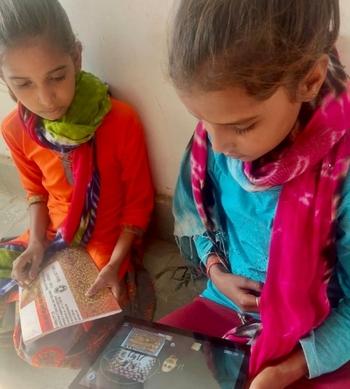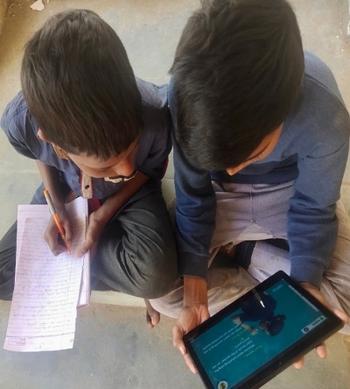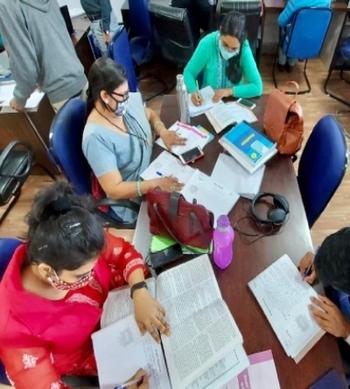CBSE Syllabus for Class 8 Social Science 2023-24
The CBSE Syllabus for Class 8 Social Science subject contains all of the important information such as the course content, unit-wise mark distribution, and the topics that students will study in the academic year 2023-24, assignments, projects, and time duration. The study of Social Science in school will assist pupils comprehend society and can help to change or elevate society. Understanding the CBSE Syllabus can help Class 8 students prepare for their final Social Science exam.
The CBSE Syllabus for Class 8 Social Science is based on the following themes. Students can find the complete details of these topics, covering themes and objectives from the syllabus pdf.
Skip to
CBSE Class 8 Social Science Syllabus Chapter Name
Students can cover the CBSE Syllabus for Class 8 Social Science topics by studying from NCERT Social Science textbook. Below, we have provided the chapter name of the Social Science NCERT textbook.
1. History: Our Pasts III
Chapter 1: How, When and Where
Chapter 2: From Trade to Territory The Company Establishes Power
Chapter 3: Ruling the Countryside
Chapter 4: Tribals, Dikus and the Vision of a Golden Age
Chapter 5: When People Rebel 1857 and After
Chapter 6: Civilising the “Native”, Educating the Nation
Chapter 7: Women, Caste and Reform
Chapter 8: The Making of the National Movement: 1870s–1947
2. Social and Political Life
Chapter 1: The Indian Constitution
Chapter 2: Understanding Secularism
Chapter 3: Parliament and the Making of Laws
Chapter 4: Judiciary
Chapter 5: Understanding Marginalisation
Chapter 6: Confronting Marginalisation
Chapter 7: Public Facilities
Chapter 8: Law and Social Justice
3. Resource and Development (Geography)
Chapter 1: Resources
Chapter 2: Land, Soil, Water, Natural Vegetation and Wildlife Resources
Chapter 3: Agriculture
Chapter 4: Industries
Chapter 5: Human Resources
Conclusion
In conclusion, the Class 8th Social Studies curriculum provides students with a comprehensive understanding of various aspects of society, history, and geography. It equips them with knowledge and critical thinking skills to analyze and comprehend the world around them. Throughout the course, students explore topics such as the Indian Constitution, the struggle for independence, global interactions, resources, and sustainable development. By studying these subjects, students gain a deeper appreciation for their cultural heritage, develop empathy towards diverse communities, and become responsible global citizens.
FAQs
Q1: What is the significance of studying Social Studies in Class 8th?
A1: Social Studies in Class 8th helps students understand their society, culture, and history. It fosters critical thinking, empathy, and a sense of responsibility towards society. It also provides a foundation for further studies in social sciences.
Q2: What are the main topics covered in Class 8th Social Studies?
A2: The main topics covered in Class 8th Social Studies include the Indian Constitution, the struggle for independence, global interactions, resources, and sustainable development.
Q3: How does studying Social Studies help in becoming a responsible global citizen?
A3: Social Studies exposes students to diverse cultures, traditions, and global issues. It helps them develop a broader perspective, respect for diversity, and a sense of global citizenship. It promotes empathy, understanding, and encourages students to actively participate in addressing global challenges.
Q4: What skills can students develop through the study of Social Studies?
A4: Studying Social Studies enhances several skills, including critical thinking, analytical reasoning, research skills, effective communication, and problem-solving abilities. It also fosters skills such as empathy, cultural understanding, and the ability to make informed decisions.
Download CBSE Class 8th Social Science PDF

MissionGyan Team
We aim to eradicate the education gap and serve equal and free education to all with the help of skilled and expert volunteers and teachers.





